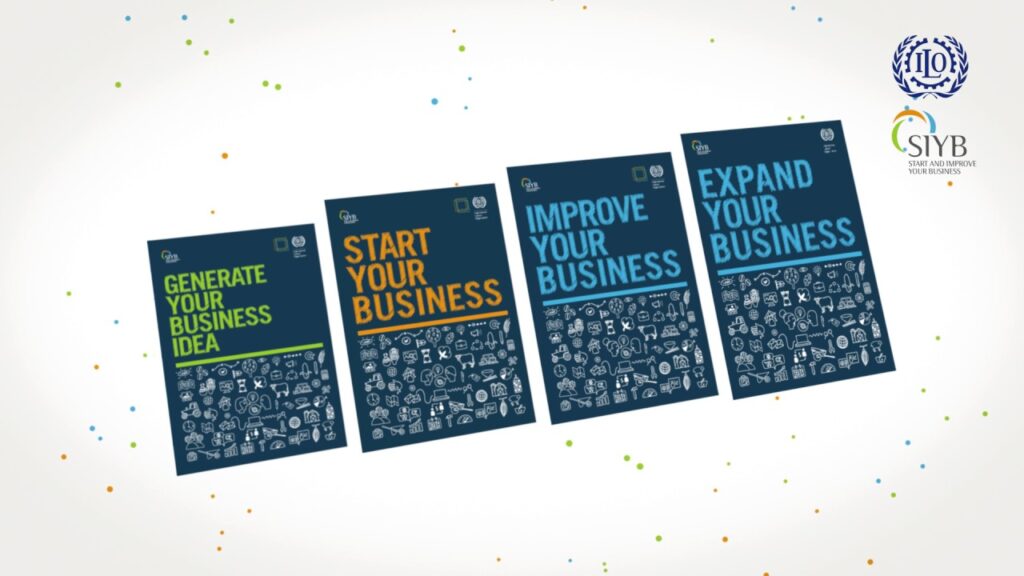In the intricate tapestry of life, decision-making emerges as the pivotal force that shapes destinies, influences outcomes, and propels individuals towards their goals. The art and science of decision-making are transformative, acting as a game changer that can redefine the trajectory of one’s personal and professional journey.
Every day, individuals are faced with a myriad of choices, from the mundane to the life-altering. The power lies not just in making decisions but in making informed and intentional choices. Decision-making is not a passive process; it’s an active engagement with one’s values, priorities, and aspirations.
Effective decision-making involves a blend of rational analysis and intuitive insight. It requires a keen understanding of the available information, potential risks, and anticipated outcomes. However, decisions are not solely based on logic; emotions, gut feelings, and personal values also play a significant role in the process.
Decisions serve as the building blocks of progress and innovation. Whether in personal relationships or professional endeavors, the choices we make have a cascading effect on our lives and the lives of those around us. A strategic and thoughtful approach to decision-making can be the catalyst for positive change, innovation, and growth.
The impact of decisions extends beyond the individual, influencing the dynamics of teams, organizations, and even societies. Leaders who master the art of decision-making become architects of change, steering their teams towards success. The ability to make sound decisions underlines effective leadership, fostering trust, and inspiring confidence in the pursuit of shared objectives.
Embracing the responsibility of decision-making empowers individuals to take control of their narrative. It transforms challenges into opportunities and setbacks into lessons. The willingness to make decisions, even in the face of uncertainty, is a hallmark of resilience and adaptability.
However, the power of decision-making comes with the acknowledgment of its complexity. Not every decision will yield the desired outcome, but each choice contributes to a continuous learning process. Failures and successes alike become stepping stones towards personal and professional development.
In the ever-evolving landscape of life, decision-making emerges as the game changer—a dynamic force that navigates the course of one’s journey. By honing the skills of critical thinking, emotional intelligence, and a strategic mindset, individuals not only make choices but become architects of their destinies. The ripple effect of well-informed decisions extends far beyond the present moment, shaping the contours of a more intentional and purposeful future.



